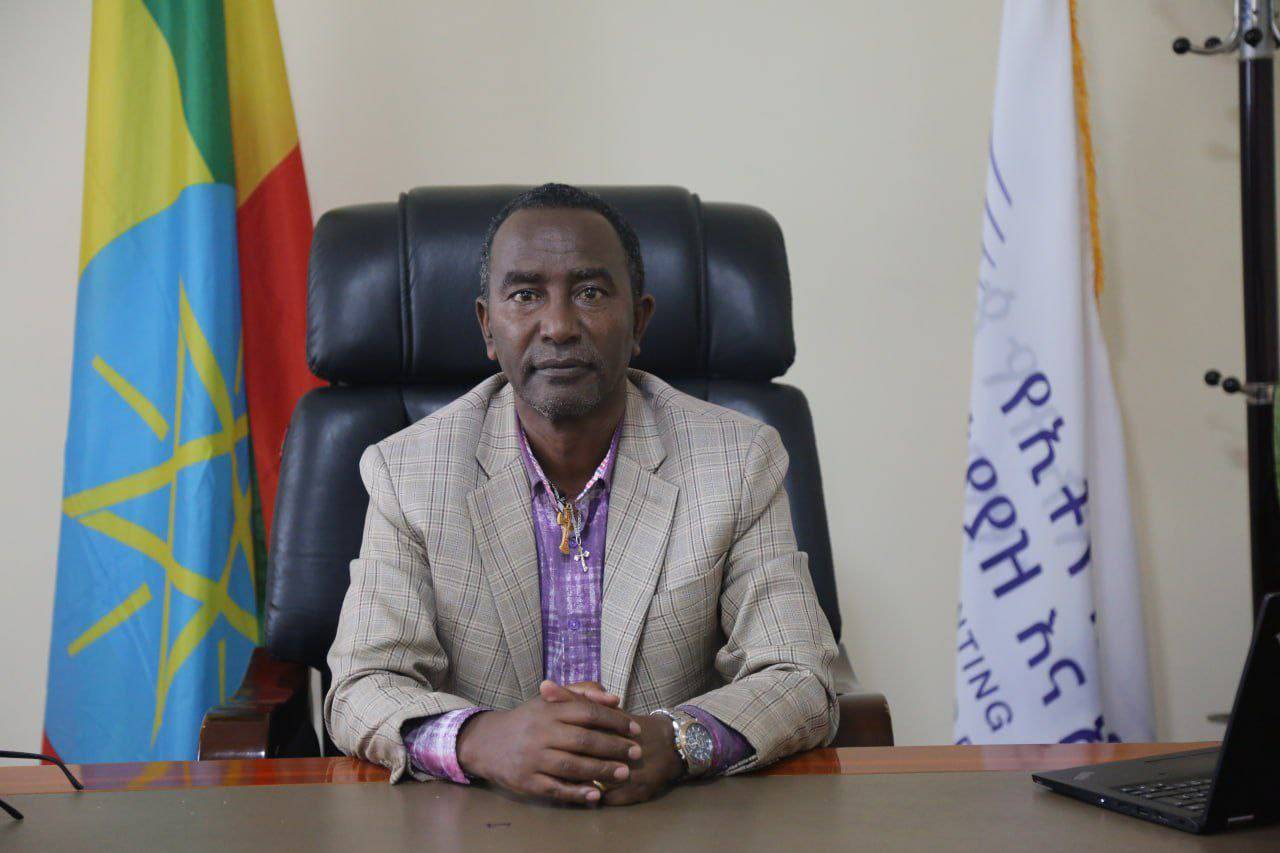
Commentaries | Sep 10,2022
Apr 13 , 2019
By Eden Sahle
Institutions dedicated to encouraging the growth of the tourism sector lack the skill and sophistication needed to protect natural resources and promote the country. It is a matter that has cost the country its natural resources and the economic benefits it could have received with better management.
Ethiopia has an untapped tourism sector that continues to be frustrated by the loss of the nation’s resources. Due to the unsustainable implementation of community-based, eco-tourism and wildlife conservation, coupled with administrative failures, the expected return could not be achieved.
Wildlife in many national parks of Ethiopia is increasingly under threat from human encroachment, poaching, habitat degradation and uncontrolled fires.
The government lacks the technical input to influence conservation around the country. It does not provide cutting-edge knowledge that can help make policy decisions for conservation, wildlife protection and community wellbeing.
Nature-based tourism is one of the fastest growing tourism sectors in the world. It depends on the conservation of natural landscapes and wildlife. However, the country has not fully grasped how much of a life and death situation this is for the sector.
The recent fire in Bale Mountains National Park has burned down thousands of hectares, destroying parts of one of the most well-known national parks. Failure to properly safeguard tourist destinations makes sites and wildlife vulnerable to problems threatening their existence. Inadequate preparedness for unexpected occurrences further compounds the issue.
Protection of natural resources should be the first priority for those tasked to do the job. Taking responsibilities in the protection and use of the country's natural and cultural heritages, they should rise to the challenge of addressing these problems.
I have traveled to some parts of Ethiopia visiting parks, mountains and lake destinations. Although the stunning sites are always revitalising, it is staggering to see to what extent they are mismanaged. It is quite common to find office directors at tourist destinations who lack communication skills, a prerequisite to host visitors that are coming from different parts of the world. Destinations in Addis Abeba are not immune from similar problems.
It is government's responsibility to ensure all local and foreign travelers have the greatest experience possible, while preserving natural resources and cultural heritages. Not only do they need to encourage tourism in these areas, but they must keep them safe for future generations while guaranteeing a continual flow of social and economic benefits for the country and its people.
Giving responsibilities to those who are skilled and can deliver would go a long way in transforming the Ethiopian tourism industry. Equipping the sector with efficient and qualified human resources ensures not only sustainability of returns but also helps preserve the sites.
An upgraded management and development system of the protected areas is desperately needed if tourism is to contribute significantly to the economic needs of the nation. The multiple function of tourism must be understood by the country to provide sustainable yields.
Clear responsibility for conserving the country's basic resources rests with governments and its appointed ministers. They must take the initiative to establish, preserve and upgrade heritage sites and resources that can benefit the country and the community at destination sites.
While the tourism sector, despite all its challenges, is one of the chief sources of foreign currency revenue for the nation, it is just as distressing to see how communities around destinations are managing to get by. It is not like the government lacks private sector role models to provide adequately for the community.
I met workers from Simien Lodge and villagers in the Simien Mountains who refer to Nick Crane, owner of the lodge, as a father and a godsend. It is not his solar power generation capacity at the lodge, or his conservation-led investment, that impresses the community but his social contribution to them in providing funding for buses and schools.
If investors care this much, then we should be able to see much more from the authorities, who need to play larger roles to benefit communities. If local people become beneficiaries of the sector, then they would be more likely to protect the natural resources and cultural heritage sites that surround them. These are all achievements that will be hard to come by if human resources in government institutions lack the skills and technical training to address these challenges.
PUBLISHED ON
Apr 13,2019 [ VOL
20 , NO
989]

Commentaries | Sep 10,2022

Commentaries | Feb 01,2020

Fortune News | Nov 04,2023

Fortune News | May 27,2023

Commentaries | Apr 06,2019

Fortune News | Sep 21,2025

Agenda | Mar 20,2021

Editorial | Dec 07,2024

Viewpoints | Sep 06,2020

Featured | Sep 28,2019

Photo Gallery | 178783 Views | May 06,2019

Photo Gallery | 168979 Views | Apr 26,2019

Photo Gallery | 159826 Views | Oct 06,2021

My Opinion | 137113 Views | Aug 14,2021
Commentaries | Oct 25,2025

Dec 22 , 2024 . By TIZITA SHEWAFERAW
Charged with transforming colossal state-owned enterprises into modern and competitiv...

Aug 18 , 2024 . By AKSAH ITALO
Although predictable Yonas Zerihun's job in the ride-hailing service is not immune to...

Jul 28 , 2024 . By TIZITA SHEWAFERAW
Unhabitual, perhaps too many, Samuel Gebreyohannes, 38, used to occasionally enjoy a couple of beers at breakfast. However, he recently swit...

Jul 13 , 2024 . By AKSAH ITALO
Investors who rely on tractors, trucks, and field vehicles for commuting, transporting commodities, and f...

Oct 25 , 2025
The regulatory machinery is on overdrive. In only two years, no fewer than 35 new pro...

Oct 18 , 2025
The political establishment, notably the ruling party and its top brass, has become p...

Oct 11 , 2025
Ladislas Farago, a roving Associated Press (AP) correspondent, arrived in Ethiopia in...

Oct 4 , 2025
Eyob Tekalegn (PhD) had been in the Governor's chair for only weeks when, on Septembe...

Oct 25 , 2025 . By YITBAREK GETACHEW
Officials of the Addis Abeba's Education Bureau have embarked on an ambitious experim...

Oct 26 , 2025 . By YITBAREK GETACHEW
The federal government is making a landmark shift in its investment incentive regime...

Oct 29 , 2025 . By NAHOM AYELE
The National Bank of Ethiopia (NBE) is preparing to issue a directive that will funda...

Oct 26 , 2025 . By SURAFEL MULUGETA
A community of booksellers shadowing the Ethiopian National Theatre has been jolted b...